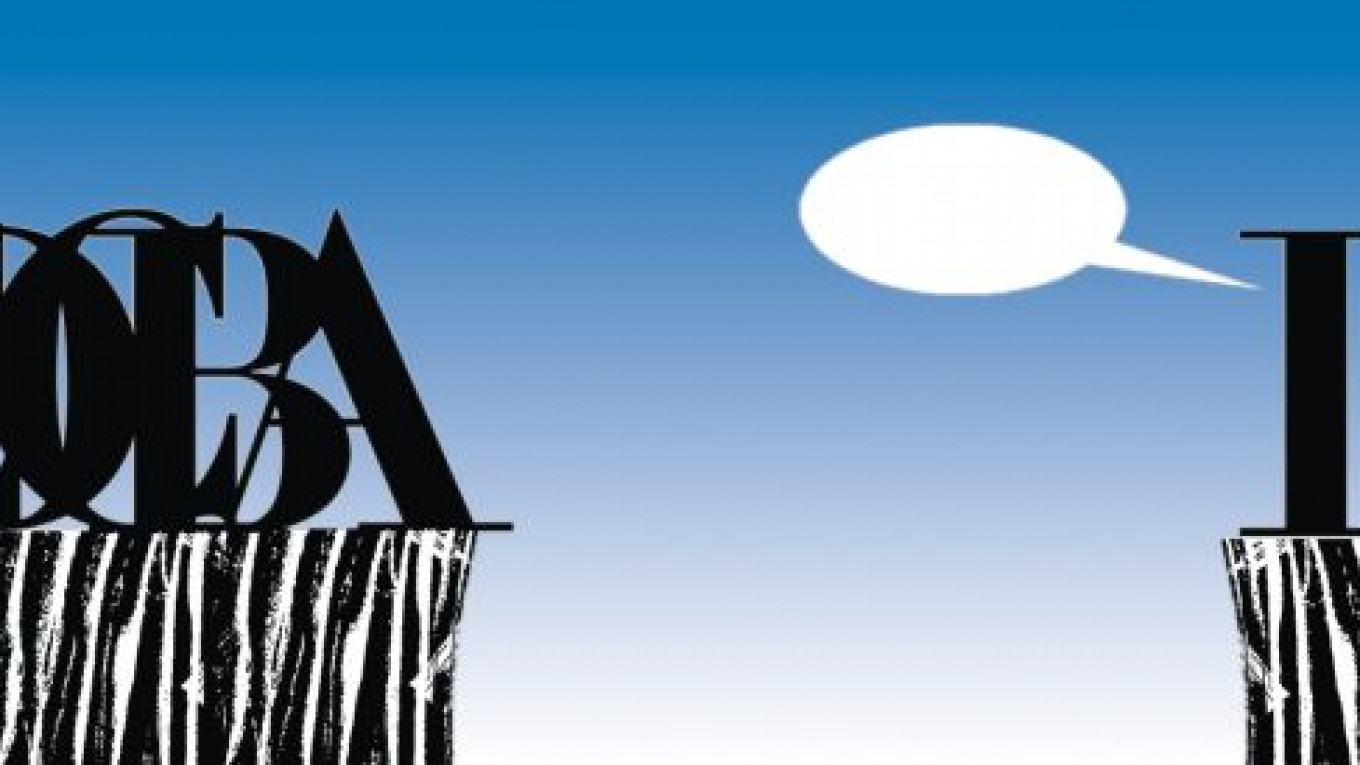A half-century before the invention of e-mail, the British poet T. S. Eliot asked: "Where is the wisdom we have lost in knowledge? Where is the knowledge we have lost in information?" If he were alive today, contemplating an electronic inbox on a flickering computer, he might well have added, "Where is the information that has been lost in trivia?"
It is one of the paradoxes of our times that inventions meant to make our lives easier inevitably end up slowing us down. When e-mail first entered my life, I was thrilled. Instead of letters piling up for months as I struggled to find the time to pen replies, faxes not going through and telegrams that cost an arm and a leg, I now had a cost-free means of communicating instantaneously and efficiently. I became an avid and diligent e-mailer.
And how I regret it.
I get over 300 e-mails a day, sometimes twice that. Some are urgent work-related questions. Some are from friends. Since I am an Indian member of parliament, many are from job seekers, favor demanders and petitioners. Some are one-line queries. Others are lengthy documents requiring perusal and comment. Many are unsolicited junk mail, offering products and services that I never asked for and do not need. Although an efficient filter catches many of them, it also catches some "real" mail.
Some are mass mailings, both interesting (like an international affairs mailing list to which I subscribed years ago, when I innocently believed that I would have time to read its contents) and diverting (like my daily update of "Doonesbury"). An astonishingly large number are jokes — both verbal and visual — of varying quality. Many are campaigns. I received several thousand e-mails recently from Muslim students who do not want exams to be administered on Fridays. And increasingly, some are viruses that have infected friends' address books, with attachments that, if opened, could destroy my computer.
Since e-mails are on the screen, I feel obliged to go through them all, if only to make sure that I do not need to read them. And this is a chore that takes more and more of my time. When e-mail first came into vogue, one could spend 15 or 20 minutes a day on it. Now it consumes up to three hours. And because one's other work does not stop, those are hours added to one's workday, and therefore subtracted from one's personal life. A convenience has become a burden.
When I am at my computer, I find myself neglecting more important matters that have arrived by "snail mail." E-mails automatically become urgent because I know that if I do not reply to one immediately, it will soon be swamped by 200 others. I find myself scrambling to attend to utterly trivial e-mails only to get past them to the (possibly) important ones that lie behind.
The result is information fatigue, a palpable sense of exhaustion coupled with persistent anxiety about coping with the sheer volume of material to be digested, compounded by an ever-shortening attention span in the face of the ceaseless barrage of data. Like Eliot, I felt that I understood more when I knew less and knew more when I had less information to process.
This is a global problem. An estimated 294 billion e-mails were sent daily in 2010, and the figure continues to increase. As technology advances, it has become more and more difficult to escape it. To make matters even more complicated, e-mail is no longer confined to a desktop computer at the office. The advent of smart phones has allowed people to check their e-mail wherever they are.
It is almost enough to have one longing again for the day when information was a scarce resource one had to go out to find. Now so much information is so readily available that the challenge is to sift the wheat from the chaff. To paraphrase Kipling, it is clear that the e-mail of the species is deadlier than the mail.
Addiction to e-mail is increasingly being recognized as a malady. The British national lottery operators once tried to ban e-mail on Fridays because they wanted staff to talk to each other at least one day a week. But the experiment was abandoned within a month. People have grown so accustomed to the convenience of copying messages to multiple recipients that walking to their desks is now an unfamiliar idea.
Part of the problem is that we allow ourselves to be convinced that new inventions will only make our lives more convenient rather than also adding to our burdens. Just as the telephone did not supplant the postal system, e-mail sits alongside prior methods of communication. Now we have more means of reaching each other than ever but with less information worth saying.
Indeed, there is an inverse relationship between the difficulty and expense of communication on one hand and the quality of what is communicated on the other. When telegraph operators were paid by the word and there was always the risk of garbled transmissions, messages were crisp, succinct and to the point. When neither length nor complexity affects the cost of a message, however, the field is open for irrelevant and unnecessary communication.
Without even the price of a stamp to deter the prolix, the unmanageable tsunami of e-mail threatens to drown the world in information unless the servers, switches and wires that sustain the system burn out first. Ease of replication permits matters to get out of hand very quickly.
I have finally given up trying to cope. I have decommissioned my e-mail account and set up an auto response that gives e-mailers 10 other options to reach people who can help them, including bringing messages to my attention. So far, it hasn't made much of a difference. E-mails continue to flood the decommissioned mailbox. But in one way, it has helped me. I no longer feel obliged to reply.
Shashi Tharoor is India's minister of state for human resource development. © Project Management
A Message from The Moscow Times:
Dear readers,
We are facing unprecedented challenges. Russia's Prosecutor General's Office has designated The Moscow Times as an "undesirable" organization, criminalizing our work and putting our staff at risk of prosecution. This follows our earlier unjust labeling as a "foreign agent."
These actions are direct attempts to silence independent journalism in Russia. The authorities claim our work "discredits the decisions of the Russian leadership." We see things differently: we strive to provide accurate, unbiased reporting on Russia.
We, the journalists of The Moscow Times, refuse to be silenced. But to continue our work, we need your help.
Your support, no matter how small, makes a world of difference. If you can, please support us monthly starting from just $2. It's quick to set up, and every contribution makes a significant impact.
By supporting The Moscow Times, you're defending open, independent journalism in the face of repression. Thank you for standing with us.
Remind me later.






